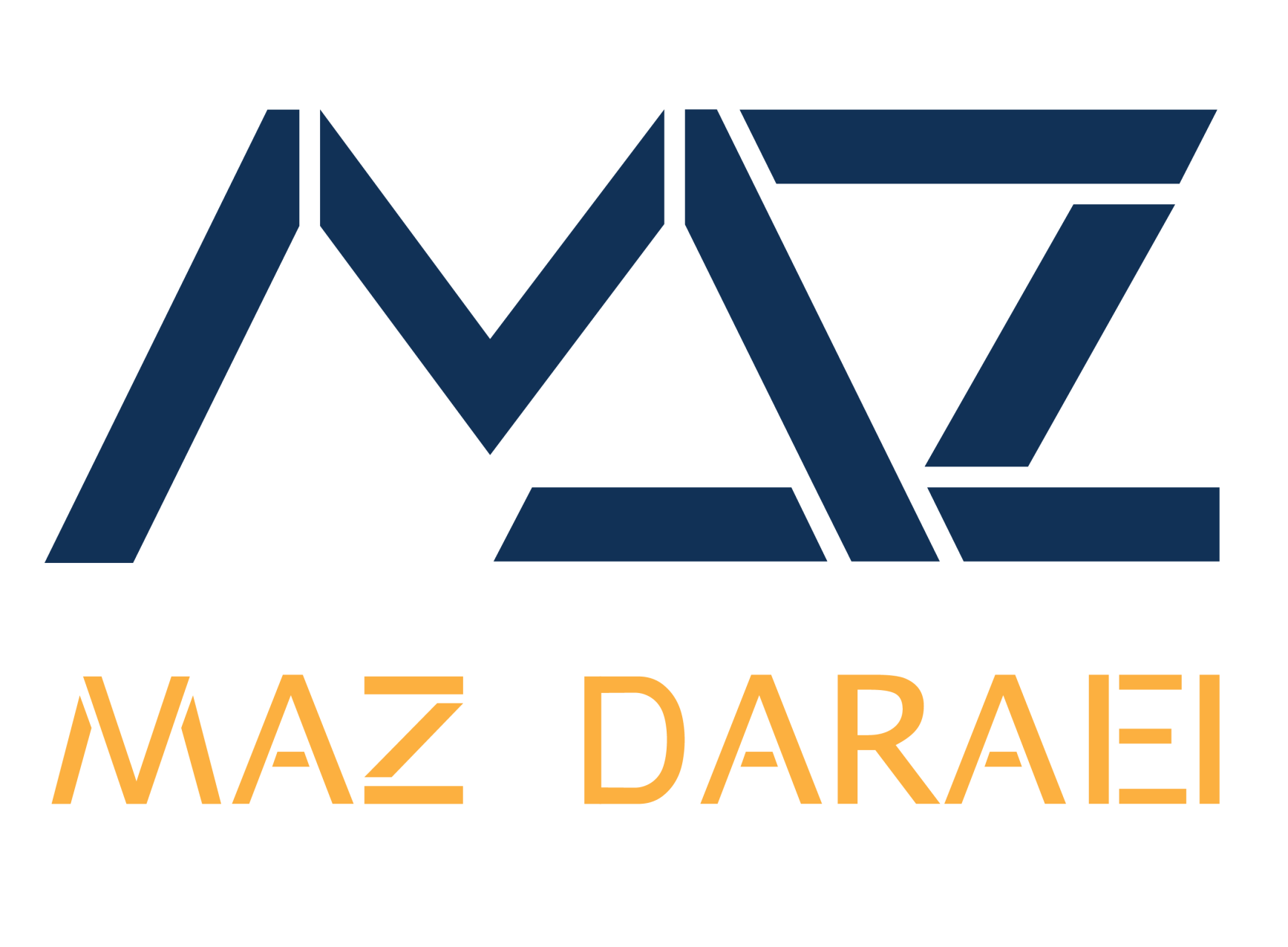Corporate-Owned Life Insurance

What is it?
Corporate-Owned Life Insurance is a type of life insurance policy that a corporation purchases on the lives of its key employees. The corporation is both the owner and the beneficiary of the policy. Here are the key aspects of Corporate-Owned Life Insurance:
Purpose and Uses
Companies utilize Corporate-Owned Life Insurance for various strategic purposes:
- Key Person Insurance: Protects against financial losses from the death of crucial employees
- Funding Buy-Sell Agreements: Provides capital to buy out shares of deceased business partners
- Executive Compensation: Used as part of benefit packages for high-level employees
- Funding Employee Benefits: Helps cover costs of employee benefit programs
- Tax-Advantaged Savings: Allows for tax-deferred growth of policy cash values
Tax Considerations
Premium payments are generally not tax-deductible for the company
Death benefits received by the company are typically tax-free
Cash value growth within the policy is tax-deferred
Can provide tax advantages through the Capital Dividend Account in Canada
Advantages
Lower corporate tax rates make premium payments more efficient
Provides liquidity for various business needs
Can be used for tax-efficient wealth accumulation and transfer
The Bottom Line
Corporate-Owned Life Insurance is a strategic financial tool that helps companies manage risk, prepare for future expenses, and support corporate financial planning. However, it’s a complex financial tool that requires careful consideration of tax implications, ethical concerns, and specific business needs before implementation.
Protect What Matters Most in Business.
SCHEDULE A FREE CONSULTATION
